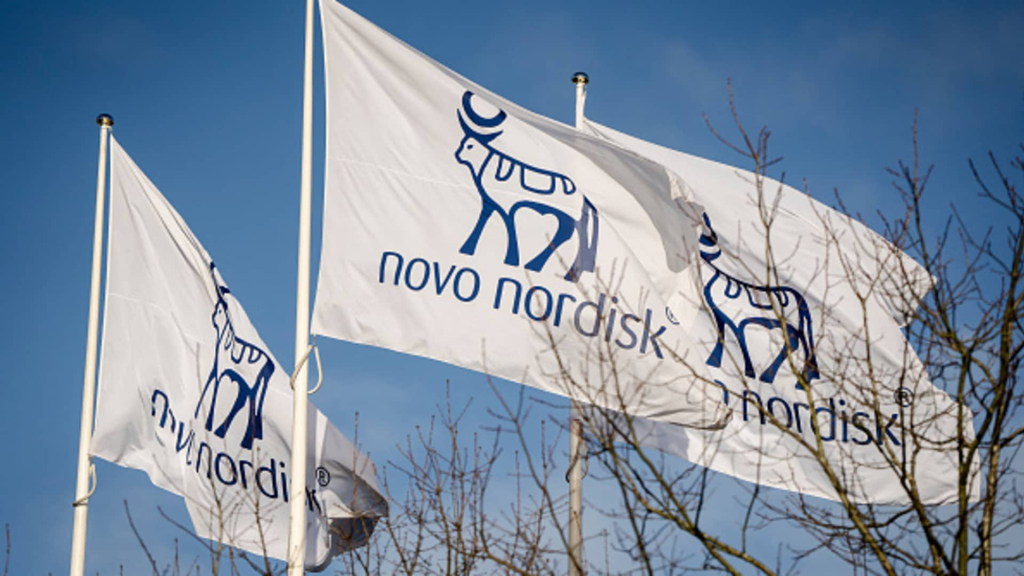Novo Nordisk has achieved a significant legal victory that restricts compounding pharmacies from promoting or selling unauthorized, less expensive versions of its popular weight-loss and diabetes medications, Wegovy and Ozempic.
A federal judge in Texas delivered the ruling on Thursday, dismissing a request from compounding pharmacies seeking to continue producing copies of these medications during ongoing legal disputes related to their shortages. This decision follows a February lawsuit filed by a compounding trade group contesting the Food and Drug Administration’s (FDA) declaration that there is no longer a nationwide shortage of semaglutide, the active ingredient in both drugs.
As demand for Ozempic and Wegovy surged over the past two years, many patients turned to these cheaper alternatives, particularly during times when the original medications were hard to find or lacked insurance coverage.
Under circumstances classified as FDA-declared shortages, pharmacists are permitted to produce compounded medications based on brand-name drugs. Several telehealth companies, including Hims & Hers, have also provided these alternatives. However, pharmaceutical companies and health experts have expressed concerns over this practice because compounded drugs are not subject to FDA approval, being custom-made prescriptions intended for individual patients.
“We are pleased that the court has rejected the compounders’ attempts to undermine the FDA’s data-driven resolution of the semaglutide shortage,” stated Steve Benz, corporate vice president and U.S. general counsel for Novo Nordisk.
On Thursday, U.S. District Judge Mark Pittman specifically ruled against the Outsourcing Facilities Association’s request for a preliminary injunction, which sought to block the FDA from taking regulatory action against its members engaged in the production of semaglutide copies.
This ruling reinforces the FDA’s earlier assessment that the shortage of semaglutide in the United States has been resolved, allowing the agency to take immediate action against 503A pharmacies that create compounded versions of the drug based on specific patient prescriptions.
These pharmacies generally operate under state regulations rather than FDA oversight.
The ruling also paves the way for the FDA to begin pursuing actions against federally regulated 503B pharmacies, which manufacture compounded drugs in larger quantities, starting May 22. Enforcement measures could include product seizures and issuance of warning letters to non-compliant pharmacies.
Thursday’s ruling follows another legal success for Novo Nordisk. Earlier this week, a separate federal judge issued a permanent injunction against MediOak Pharmacy, a 503A facility, preventing it from marketing or selling compounded semaglutide.
Both Novo Nordisk and Eli Lilly have actively challenged compounding pharmacies in the wake of their weight-loss and diabetes drugs gaining significant traction in the market.
Eli Lilly has been involved in similar legal battles regarding tirzepatide, the active drug in its weight loss medication Zepbound and diabetes treatment Mounjaro. After the FDA confirmed a shortage of tirzepatide had ended last year, the same compounding trade group moved to sue the agency over this drug. In March, a federal judge denied the group’s request for a preliminary injunction relating to the FDA’s enforcement actions against its members for producing copies of Mounjaro and Zepbound. The trade group has since filed an appeal.


























